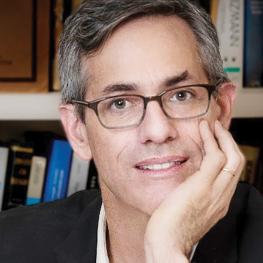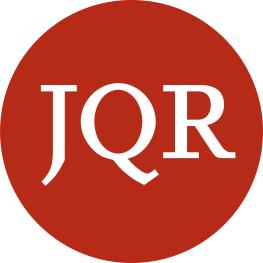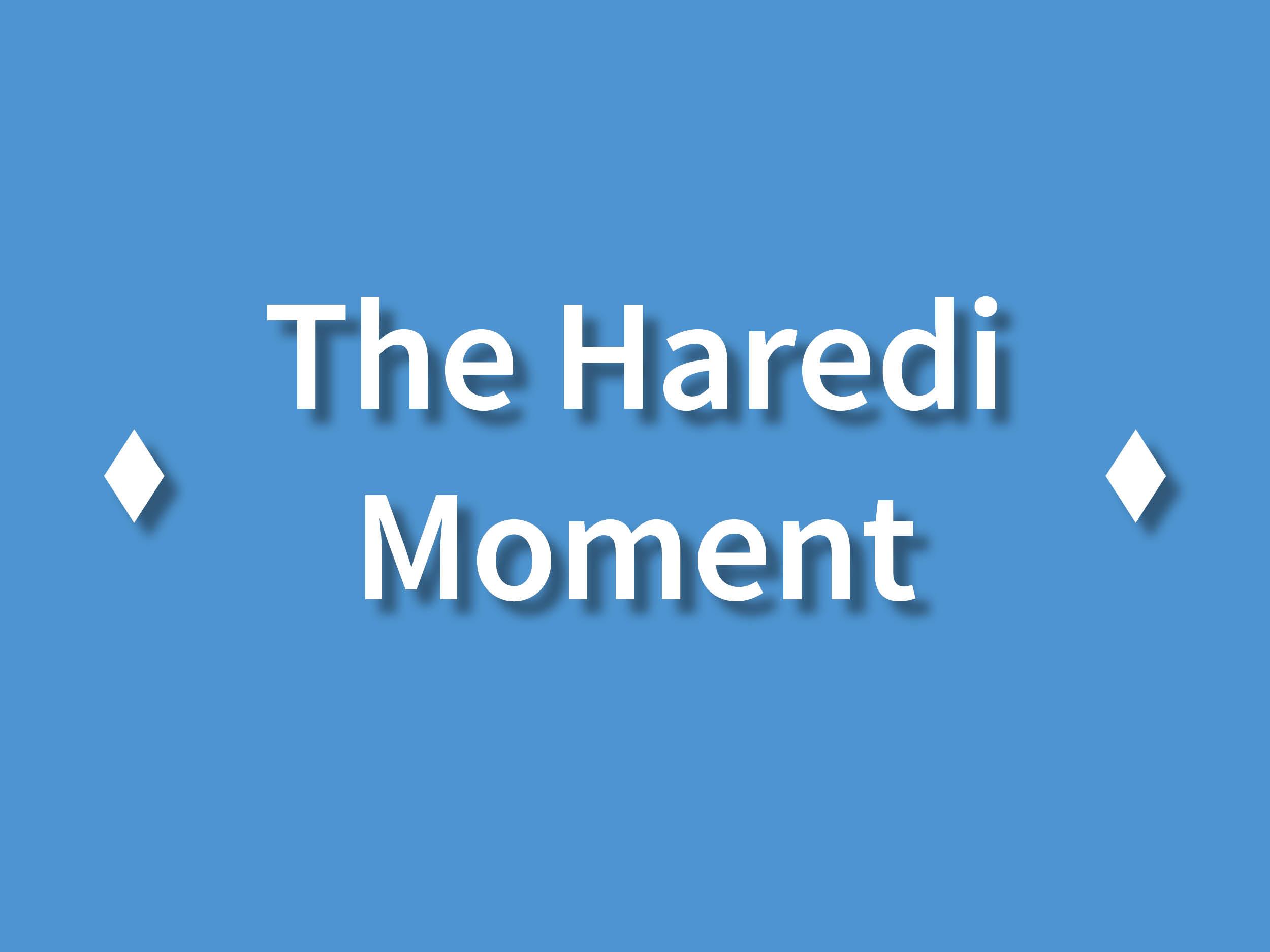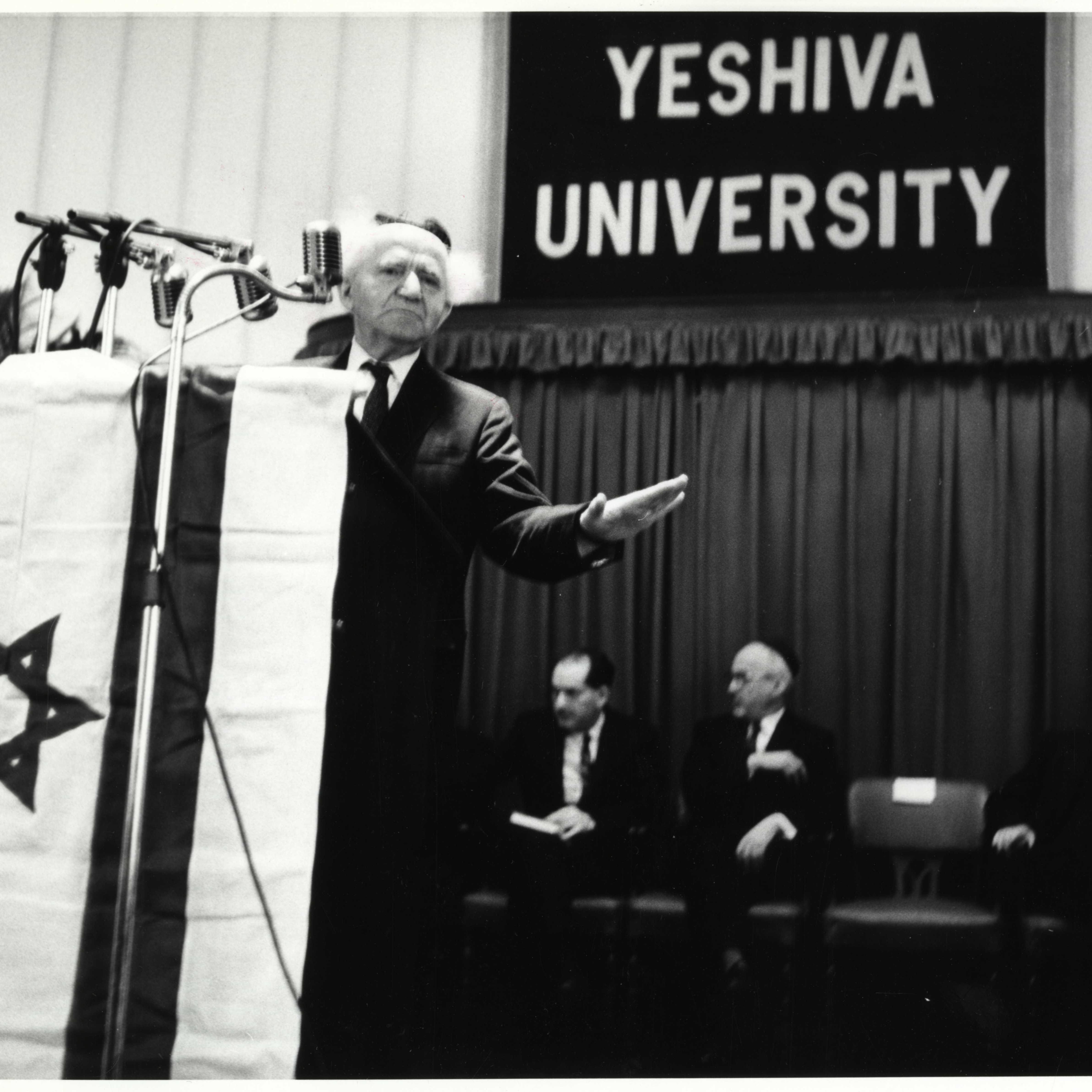On “The Most Anti-Zionist Text”
Reflections on Menachem Keren-Kratz’s essay on Joel Teitelbaum in the current issue of JQR
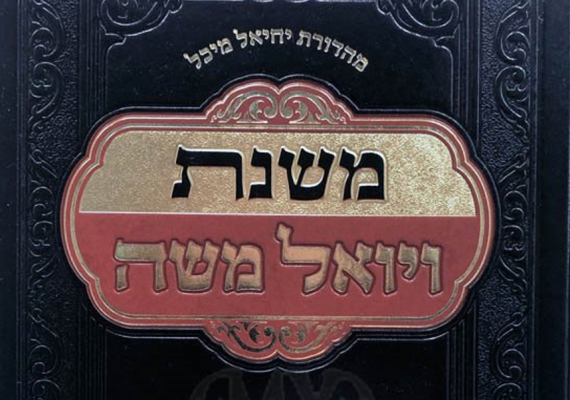
There is a good deal of heated discussion today about what is and isn’t anti-Zionism. Much of it surrounds the question of whether harsh forms of criticism of the state of Israel can be deemed antisemitic. What is rarely recalled in those debates is that one of the most prominent anti-Zionists of the twentieth century was a Jew, Rabbi Joel Teitelbaum (1887–1979), the founding Satmar Rebbe, who formulated a detailed theological rationale for his opposition to the state of Israel.
This summer’s issue of JQR (113.3) features a new article by Menachem Keren-Kratz exploring Joel Teitelbaum’s classic anti-Zionist tome, Va-yo’el Moshe. The first thing to note is that Keren-Kratz is himself an unusual figure in the field of Jewish studies: an independent Israeli scholar with two doctorates (in Yiddish studies and Jewish history), who is also a dentist. He is exceptionally prolific, and his work is marked by an uncanny ability to track down obscure local periodicals containing little-known details about intriguing rabbinic figures from the Hungarian Unterland, which was an important incubator of Haredi Judaism in the latter half of the nineteenth century and the first four decades of the twentieth century.
Here Keren-Kratz sets his sights yet again on Joel Teitelbaum, scion of one of the most significant Haredi families from the Unterland, to whom he devoted a dissertation and then a 2020 book called Ha-Kanai (The Zealot). Keren-Kratz sees Teitelbaum as the classic exemplar of “Extreme Orthodoxy,” a sharp term that he explains and justifies in the JQR piece. The term is meant to convey Teitelbaum’s uncompromising stance toward both modernity and Zionism, the latter of which the rabbi regarded as the grossest and most heretical contamination ever to afflict Torah-true Judaism.
Keren-Kratz sets out to understand—and in some measure, deflate—the myth of Joel Teitelbaum. Thus he observes that there were more prominent Haredi anti-Zionist rabbis in Hungary in Teitelbaum’s time, at least until the 1930s. And he notes that Va-yo’el Moshe, in which Teitelbaum laid down for the first time his theological reflections on Zionism, initially made few waves in the Orthodox and Haredi world beyond his own Satmar community. It was only after the appearance of a second anti-Zionist volume, ‘Al ha-ge’ulah ve-‘al ha-temurah, written in response to the 1967 Six-Day War, that Teitelbaum’s distinctive ideas began to gain some traction in the Haredi world.
Since that time, Teitelbaum’s renown has grown; to wit, he has made his way into mainstream academic scholarship in the United States. In the past several years, two large books about Teitelbaum and the Satmar community have been published: Nathaniel Deutsch and Michael Casper’s A Fortress in Brooklyn: Race, Real Estate, and the Making of Hasidic Williamsburg (2021) and the book I coauthored with Nomi Stolzenberg, American Shtetl: The Making of Kiryas Joel, a Hasidic Village in Upstate New York (2022).
This new notoriety reflects a fascinating tension in Keren-Kratz’s JQR piece, as well as in his larger body of work on Teitelbaum. He suggests that Teitelbaum’s critique of Zionism was neither original nor influential—and more importantly, a misguided failure given the abundant successes of the state of Israel. But his own ample attention, and that of many others, demonstrates that it is very hard to avert one’s gaze from Joel Teitelbaum and his thought, especially in an era when Haredism has become a hugely important—and barely understood—piece of the global Jewish puzzle.
Good news! Keren-Kratz's essay is free on Project Muse, totally open access until October 15, 2023.
